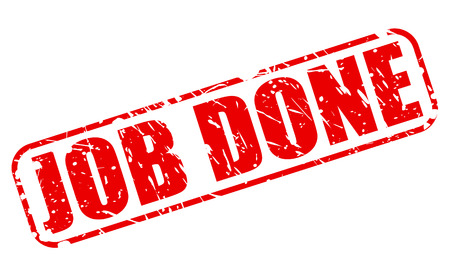
When I was following the editors’ chat group, I often found myself silently screaming, “Who cares?” Or perhaps not so silently. The conversation frequently dealt with moving the words around in a sentence to make it “perfect” or correcting a fine point of grammar or checking what Chicago says about the em dash. Most of the time that chat group seemed to be telling me I should be disbarred from the editing profession.
But wait. Not every manuscript is the King James Bible or a great novel that will sit on shelves for decades, even centuries. Some documents — in fact, many — are business and government discussion papers or reports by committees. These texts serve important purposes. They support policy development — Francophone students’ rights to an education in their mother tongue in Alberta, for example. Or they provide necessary background information for an investigation and review process, like regulating safety in the workplace or assessing the value of unique properties such as grain elevators or golf courses.
However, the shelf life of these documents can be distinctly limited. They may have to be published by a firm date to allow the public (or clients, or board members) to respond by another firm date, or so that attendees at a scheduled meeting have the information they need to make decisions and recommend further actions.
The editor of these types of materials has an extremely important job to do. If the readers don’t understand what is being said or have to take more than the half hour they have available to plow through the text, the process is at risk of failing. And failing badly.
All the same, though, these documents are headed for the archives pretty quickly, and are seldom if ever looked at again. They serve their purpose, and things move ahead. Another report then appears to support and inform the next phase of the work.
If you’re an editor who works in this sort of conveyor-belt environment, your role is to get the paper in fairly good shape (Does it communicate clearly and briefly what people need to know?) and delivered on time. If you’re holding things up by debating about how many commas to insert, you are not helping.
Hence, my self-description when doing these jobs was “quick and dirty.” I sometimes also referred to myself as the Fire Department. People called me when they realized the task was going to fail because the report or discussion paper was unclear, hard to read or not short enough.
I’m glad there are lots of detail people out there. They do important work — work that I prefer not to do. Bibliographies R Not Us.
Perhaps I am an adrenalin freak. Get it done, get it out there. Make sure it communicates. Move on to the next order of business.
Are you quick and dirty too? At least some of the time? I feel rather lonely sometimes.
~~~
Previous post from Anita Jenkins: Facts and Fiction: English, Cows and the TLS.
The Editors’ Weekly is the official blog of Editors Canada. Contact us.
Discover more from The Editors' Weekly
Subscribe to get the latest posts sent to your email.
